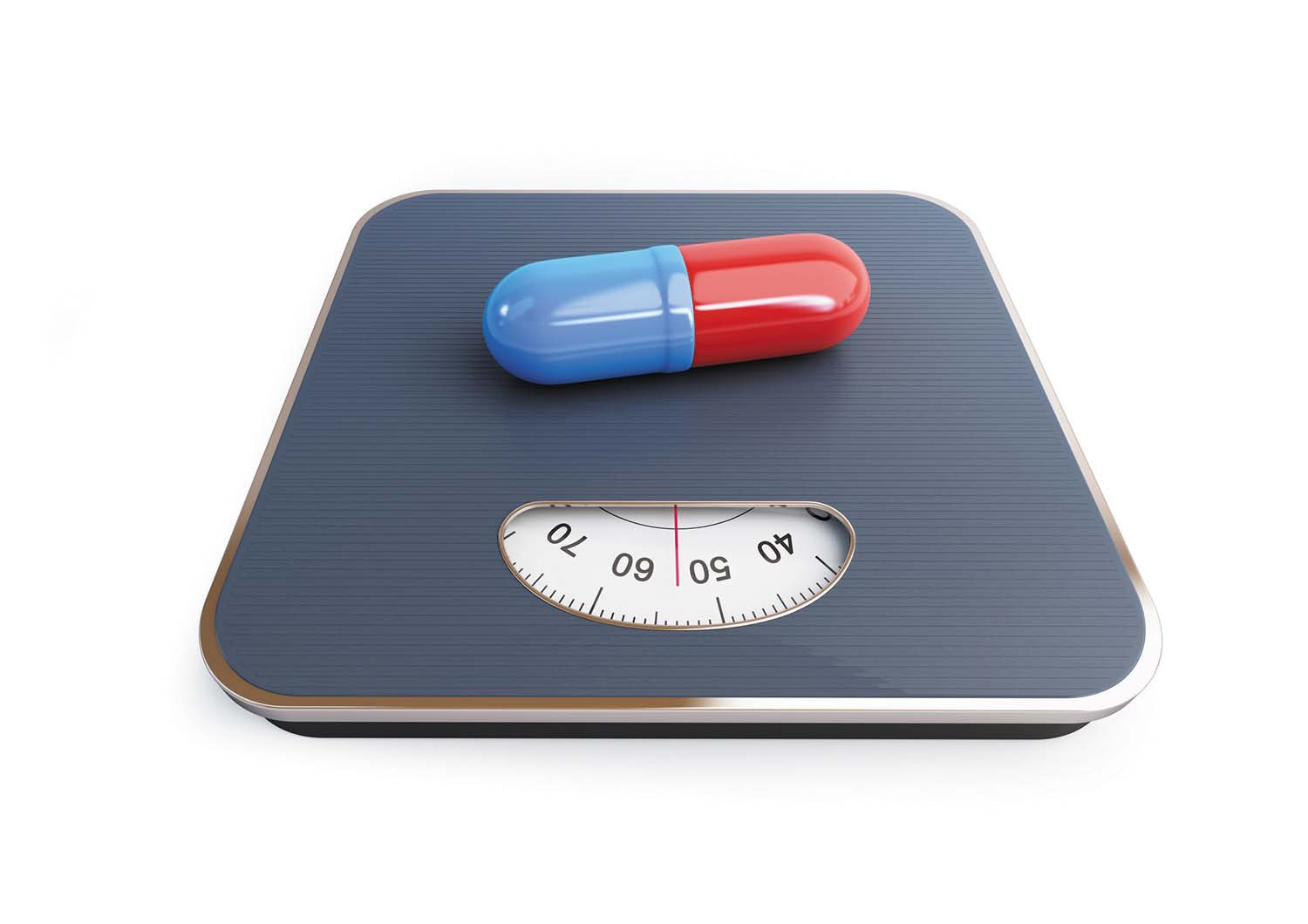
How — and why — to fit more fiber and fermented food into your meals

UTI in older women: Why postmenopausal women are susceptible to urinary tract infection, and what to do about it

Can a routine vaccine prevent dementia?

Some adults may need a measles booster shot. Who should get one and why?

Less butter, more plant oils, longer life?

Healthier planet, healthier people

Counting steps is good — is combining steps and heart rate better?

Appendix pain: Could it be appendicitis?

Can saw palmetto treat an enlarged prostate?

How does Ozempic work? Understanding GLP-1s for diabetes, weight loss, and beyond
Diet & Weight Loss Archive
Articles
Early morning exercise may be the best time for weight loss
A 2023 study found that people who exercise in the morning, specifically between 7 a.m. and 9 a.m., have a lower risk of obesity than those who are most active in the midday or evening.
Can weight loss slow prostate cancer?
Many men diagnosed with low-grade prostate cancer follow active surveillance, in which they regularly follow up with a doctor for routine PSA tests, prostate biopsies, and possibly MRI scans. If there is evidence their cancer has progressed, then they can consider treatment (radiation or surgery). While there is little men can do to slow the growth of known low-grade prostate cancer, losing excess weight and keeping it off may help keep undetected high- or medium-grade cancer from becoming more aggressive.
Beyond appetite suppression
Semaglutide (Ozempic, Wegovy), which mimics a natural hormone called GLP-1, has become a popular obesity drug because it promotes dramatic weight loss. New evidence suggests this drug and others like it may also curb compulsions for things other than food. The drugs may also dampen cravings for alcohol, smoking, gambling, and excessive shopping by hampering activation of the brain's reward pathways. If further research confirms preliminary findings, the demand for GLP-1 drugs is likely to increase.
Understanding new weight-loss drugs
A newer class of medications used to treat type 2 diabetes called glucagon-like peptide-1 (GLP-1) receptor agonists has gained attention because of their impressive weight-loss results—in many cases, 10% to 20% of a person's body weight. Versions of two of these GLP-1 receptor agonists, liraglutide (Saxenda) and semaglutide (Wegovy), are FDA-approved for weight loss, even for people without diabetes. However, there isn't enough evidence to know whether these drugs might be beneficial or dangerous for people who are not diagnosed with diabetes or obesity.
Debunking common wellness myths
Many common wellness myths contain a grain of truth but are misleading over all. One wellness myth holds that being thin equates to being healthy, but people who are think can still be unhealthy. Another myth posits that detoxes and cleanses can help people be healthier, but these products don't help and can even be dangerous for some people. Another myth is that eating before bedtime leads to weight gain, but food choice matters more than timing.
Are certain types of sugars healthier than others?
A high intake of sugar is linked to an increased risk of obesity, type 2 diabetes, cardiovascular disease, and certain cancers. But whether some sugars are healthier (or worse) than others remains a question of interest to many.
Healthy lifestyle can prevent diabetes (and even reverse it)
Type 2 diabetes is a major cause of vision loss and blindness, kidney failure requiring dialysis, heart attacks, strokes, amputations, infections, and even early death. Research suggests that a healthy lifestyle can prevent diabetes from occurring in the first place, and even reverse its progress.
The far-reaching effects of a little bit of weight loss
Losing 5% of one's total body weight can result in clinically significant physiologic changes. For example, losing a little weight can reduce heartburn, knee pain, blood pressure, and diabetes risk. Losing 5% of one's body weight may also lead to better sexual function, more restorative sleep, extra energy, and more self-esteem. To reach a 5% reduction in total body weight, it helps to exercise; eat a healthy diet rich in lean proteins, whole grains, fruits, vegetables, legumes, nuts, and seeds; and get enough sleep.

How — and why — to fit more fiber and fermented food into your meals

UTI in older women: Why postmenopausal women are susceptible to urinary tract infection, and what to do about it

Can a routine vaccine prevent dementia?

Some adults may need a measles booster shot. Who should get one and why?

Less butter, more plant oils, longer life?

Healthier planet, healthier people

Counting steps is good — is combining steps and heart rate better?

Appendix pain: Could it be appendicitis?

Can saw palmetto treat an enlarged prostate?

How does Ozempic work? Understanding GLP-1s for diabetes, weight loss, and beyond
Free Healthbeat Signup
Get the latest in health news delivered to your inbox!
Sign Up











